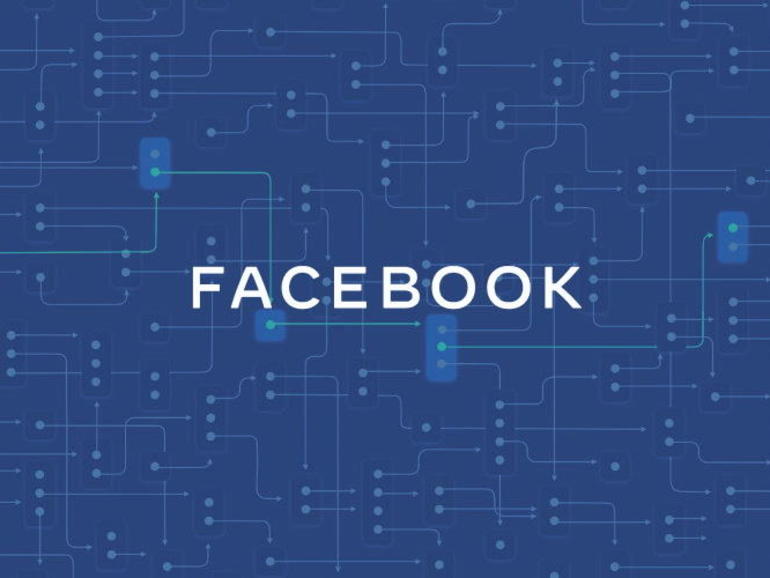The Senate on Wednesday agreed to the Treasury Laws Amendment (News Media and Digital Platforms Mandatory Bargaining Code) Bill 2021, essentially giving effect to the media bargaining code that saw Facebook pull news from Australia, before it promised to restore it thanks to amendments put forward by the Treasurer.
As a result of the amended Media Bargaining Code receiving bipartisan support and officially passing both Houses on Thursday, Facebook said it looked forward to “agreeing to new deals with publishers and enabling Australians to share news links once again”.
In a post penned by VP of global affairs Nick Clegg, Facebook took the opportunity to explain to its users what had happened, with many users unaware the social media giant, alongside Google, had been engaged in a stoush with the Australian government for many months on the code. Facebook had actually warned it might pull news from its platform six months ago and Google threatened to remove its search engine in Australia back in January.
“Many people are rightly asking: What on Earth was all that about?” the post says. “At the heart of it, in Facebook’s view, is a fundamental misunderstanding of the relationship between Facebook and news publishers.”
Facebook said it’s the publishers themselves who choose to share their stories on social media, or make them available to be shared by others, because they get value from doing so.
“That’s why they have buttons on their sites encouraging readers to share them. And if you click a link that’s shared on Facebook, you are directed off the platform to the publisher’s website,” Clegg wrote.
“In this way, last year Facebook generated approximately 5.1 billion free referrals to Australian publishers worth an estimated AU$407 million to the news industry.”
With the code essentially being a legacy media subsidiary, Facebook said when ads started moving from print to digital, the economics of news changed, and the industry was forced to adapt.
“Some have made this transition to the online world successfully, while others have struggled to adapt,” it said. “It is understandable that some media conglomerates see Facebook as a potential source of money to make up for their losses, but does that mean they should be able to demand a blank check?
“That’s what the Australian law, as it was proposed, would have done.”
The draft code had no clause dictating that publishers must pass the money on to the actual creators of the content. As a result, an amendment put forward by the Australian Greens asked such a directive be written into the code.
“Facebook would have been forced to pay potentially unlimited amounts of money to multi-national media conglomerates under an arbitration system that deliberately misdescribes the relationship between publishers and Facebook — without even so much as a guarantee that it is used to pay for journalism, let alone support smaller publishers,” Facebook said.
“It’s like forcing car makers to fund radio stations because people might listen to them in the car — and letting the stations set the price.”
During debate on Monday night, Greens Senator Sarah Hanson-Young said her party wanted to see the money brought in by the code “flow to the newsrooms, not the boardrooms”.
“This shouldn’t be simply another a slush fund for big media corporations that already monopolise the market in Australia,” she said.
“This needs to go into ensuring that journalists get paid for their work, that photographers get paid for their work, and that those ground-breaking personal interest stories that are waiting to be uncovered … can and should be, and then are accessible.”
She said Mark Zuckerberg and Rupert Murdoch should not dictate what news is consumed by Australians.
“We need to start turning up the heat on these big corporations and these billionaires,” Hanson-Young continued. “Monopolies are bad, we do need to take them on, and we need to have the guts and the courage to do it.”
One of the Treasurer’s amendments changed the arbitration process.
“In order to comply, Facebook had two options: provide open-ended subsidies to multi-national media conglomerates or remove news from our platform in Australia,” Clegg’s post continued. “Thankfully, after further discussion, the Australian government has agreed to changes that mean fair negotiations are encouraged without the looming threat of heavy-handed and unpredictable arbitration.”
The Bill amends the Competition and Consumer Act 2010 to establish a mandatory code of conduct that applies to news media businesses and digital platform corporations when bargaining in relation to news content made available by digital platform services.
It is now awaiting Royal Assent.



